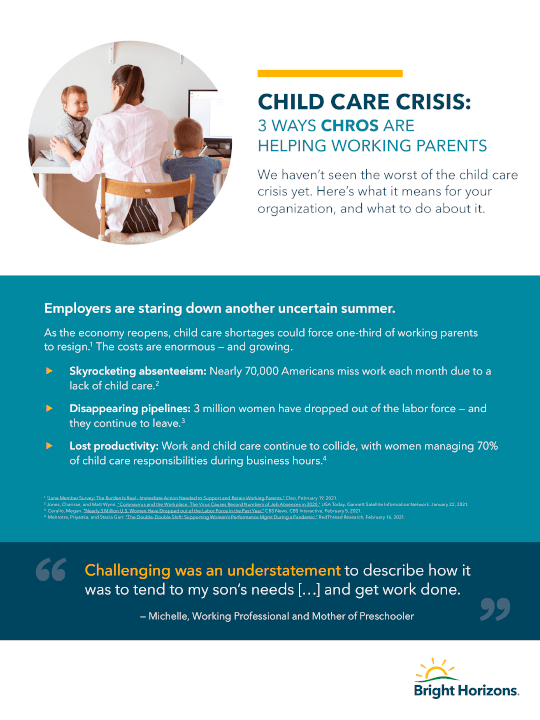Student debt is on a lot of people’s minds – the college graduates who are struggling to make payments and the employers who see an opportunity (in recruitment and retention) in helping to pay it down.
Both are likely about to get a lift.
Legislation landing back in the Senate recently has reignited the possibility of tax-advantaged employer student loan contributions – allowing employers to pay up to $5,250 annually tax free.
“Companies can already get this tax break for employer-paid tuition reimbursements,” wrote CBS news, “but the new bill expands the coverage of existing tax codes to include student loan debt repayment.”
Anyone following the issue knows that such bills have been introduced before. But there’s good reason for renewed hope they will pass now. Outstanding debt has risen to $1.5 trillion. Numerous reports show individual debt amounts dogging people’s decisions about careers, home ownership, and even retirement. Nominal employer payments may seem small. But paid alongside employee installments, they can have big impacts, knocking down principal, and in some cases cutting years off the life of the loan. The bills, wrote CBS, are “gaining traction with lawmakers as constituents look for solutions to this financial massive problem.”
The passage could be a turning point for employers. Debt repayment has known value for employers – namely in recruitment and retention. Recent studies show it landing near flex time and health benefits at the top of employees’ most-wanted lists. In a study we did, one hospital system paired loan repayment with tuition reimbursement to successfully reduce first-year turnover by 13%.
New tax advantages would encourage many more employers to launch new student loan repayment programs, and so provide substantial advantages for those already onboard. As we’ve said before, today’s debt-repayment programs brand employers as forward thinking and desirable. Tomorrow’s potential tax breaks could make the benefit as common as a 401(k). It means those without a program at least in the planning stages could be playing a serious game of catchup.
“The massive cost and pile of debt these young people are walking into is not new,” wrote Mollie Lombardi on LinkedIn about the impetus for an employer response. “But its emergence as an element of employer branding, or a differentiated benefit offering from an employer is.”
Forbes put it this way about student loan repayment: “It’s employee-centric. It’s forward-thinking. It’s solution-oriented.”
We say simply…it’s time.





